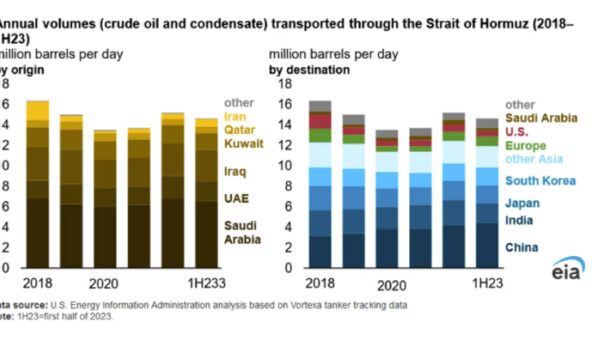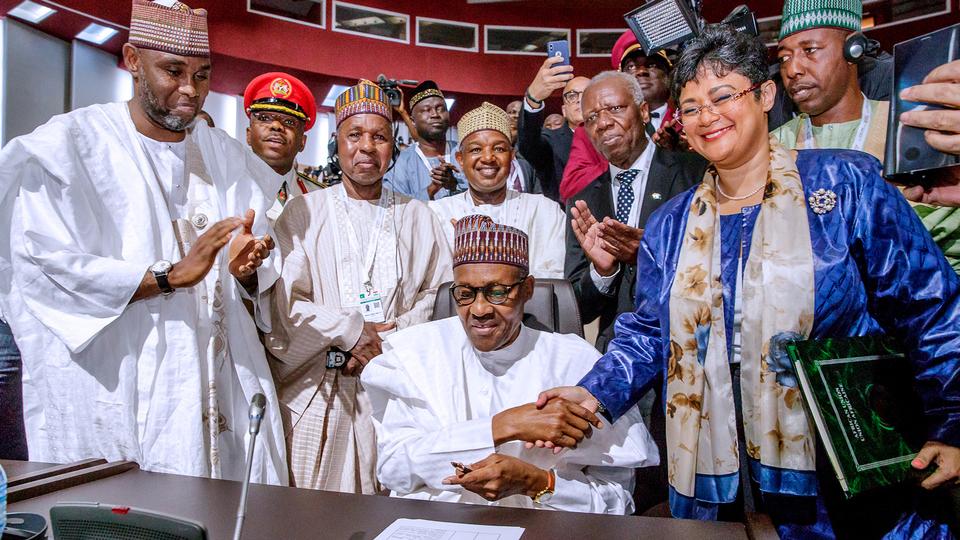A This Day Newspaper report quoting the Executive Secretary/CEO of the Nigerian Shippers council (NSC), stated that the digitalisation of Nigerian ports, deployment of e-Customs, investment of over US$300 million in inland dry ports and the overhaul of transportation logistics are steps being taken to position Nigeria to take maximum advantage of the African Continental Free Trade Area (AfCFTA), which will commence 1 January 2021.
The AfCFTA agreement requires members to remove tariffs from 90% of goods traded, allowing free access to commodities, goods, and services across the continent. According to International Monetary Fund (IMF), the elimination of tariffs could boost trade in Africa by 15-25% in the medium term. Once operational, the agreement is expected to create a US$3.4 trillion economic bloc, connecting 1.3 billion people across Africa, which would make it the largest trading bloc since the World Trade Organization was formed in 1994.
Specifically for Nigeria, the agreement is expected to open up the African market for key manufacturing companies.
Recall that in March 2018, Africa reached a landmark agreement to create a free trade area in Africa. This was done through the signing of the African Continental Free Trade Agreement (AfCFTA) which was later ratified in May 2019. Meanwhile, Nigeria joined the pact on July 7, 2019 after initially pulling out of the agreement. Notably, the agreement which entered its operational phase on July 7, 2019 was expected to kick start in July 2020. As a result of the COVID-19 global pandemic however, the commencement date was postponed. It has been indicated that the new date for operationalisation is January 1, 2021.
Specifically for Nigeria, the agreement is expected to open up the African market for key manufacturing companies in the country to support export sales whilst also raising the prospects of attracting foreign direct investment across the manufacturing value chain. In our view, African countries with the requisite infrastructure needed for large scale manufacturing activities will be better placed to attract foreign capital from multinational companies who are seeking to establish manufacturing hubs in to Africa to take advantage of economies of scale as well as the benefit associated with the absence of regional taxes made possible by AfCFTA.
Two key negatives we are concerned may emanate from the operationalization of this agreement are an increase in smuggling and a significant reduction in government revenues. Due to its large population size, Nigeria is used as a dumping ground for smuggled goods and the implementation of the AfCFTA agreement could worsen this situation.
Again, eliminating tariffs would result in loss of custom duties earned by Nigeria with its attendant effect on the already strained government revenue if the country is unable to increase export proceeds. That said, we reiterate that Nigeria does not sit in a strong position to benefit from the agreement. Key infrastructure such as power, transportation, storage systems etc. needed for an industrial revolution remain largely underdeveloped. Though steps are being taken to overhaul the transport logistics, we are concerned that many of the action plans may not be in place by January.



















































You must be logged in to post a comment Login